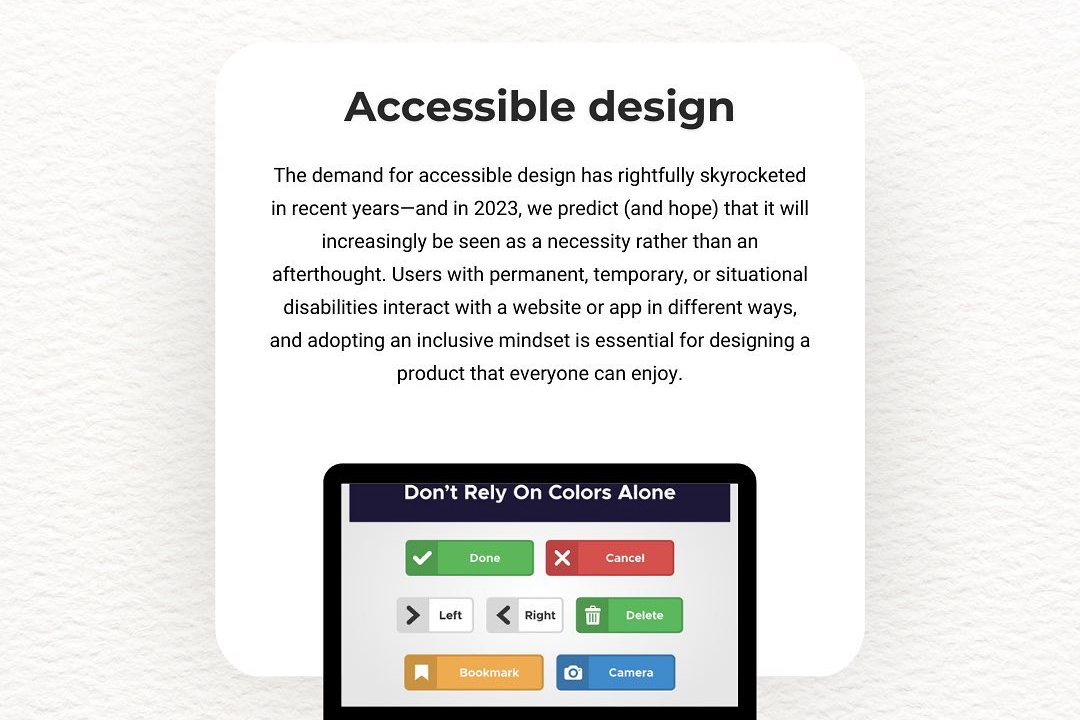iOS User Research Techniques
Effective User Research Techniques for iOS Development
iOS User Research Techniques
iOS user research techniques encompass a variety of methods aimed at understanding user needs, behaviors, and experiences specific to iOS applications. Techniques include usability testing, where real users interact with the app to identify pain points; surveys and questionnaires to gather quantitative data on user preferences; interviews for in-depth qualitative insights; and contextual inquiries, where researchers observe users in their natural environment. Additionally, remote testing tools enable researchers to assess usability remotely. Analyzing app analytics provides insights into user engagement and navigation patterns. Combining these techniques helps create a comprehensive understanding of user interactions and informs design decisions to enhance the overall user experience on iOS platforms.
To Download Our Brochure: https://www.justacademy.co/download-brochure-for-free
Message us for more information: +91 9987184296
1 - Surveys: Utilize online surveys to gather quantitative data from a large number of users regarding their preferences, behaviors, and experiences with iOS apps.
2) Interviews: Conduct one on one interviews to gain deep qualitative insights into users' thoughts, motivations, and challenges related to using iOS applications.
3) Usability Testing: Observe users as they interact with an iOS app to identify usability issues and understand how easily they can complete tasks.
4) Focus Groups: Bring together a group of users to discuss their perceptions and feelings about an iOS application, allowing for diverse perspectives and ideas to emerge.
5) Contextual Inquiry: Study users in their natural environment to understand how they use iOS applications in real life situations and gather insights on context specific needs.
6) A/B Testing: Test two or more variations of an app feature to determine which version performs better in terms of user engagement and satisfaction.
7) User Journey Mapping: Create visual representations of a user’s journey through an iOS app, identifying touchpoints, pain points, and areas for enhancement.
8) Card Sorting: Use card sorting to understand how users categorize information, aiding in the design of intuitive app navigation and information architecture.
9) Diary Studies: Ask users to keep a diary of their interactions with an iOS app over a specific period, providing insights into long term usage patterns and behaviors.
10) Remote User Testing: Conduct usability tests remotely using screen sharing tools, allowing participants to record their interactions with the app from their own devices.
11) Heatmaps: Use software to analyze user interaction heatmaps, revealing where users click, scroll, and focus their attention within the app's interface.
12) Analytics Review: Analyze app usage data through analytics tools to understand user behaviors, engagement levels, and feature popularity.
13) Personas Creation: Develop user personas based on research data to represent the different user types, helping to tailor iOS applications to their needs.
14) Competitive Analysis: Evaluate competitor iOS apps to identify best practices, features users appreciate, and gaps that your app can fill.
15) Accessibility Testing: Assess the app’s usability for individuals with disabilities, ensuring that iOS applications are inclusive and compliant with accessibility standards.
These techniques provide a comprehensive toolkit for conducting user research on iOS applications, equipping students with the skills necessary for effective user centered design and development.
Browse our course links : https://www.justacademy.co/all-courses
To Join our FREE DEMO Session: Click Here
Contact Us for more info:
Android App Development Training in Bangalore
Android Certification Courses In Kollam
pmp course syllabus
iOS Developer Community Building
iOS Training in Yevla











